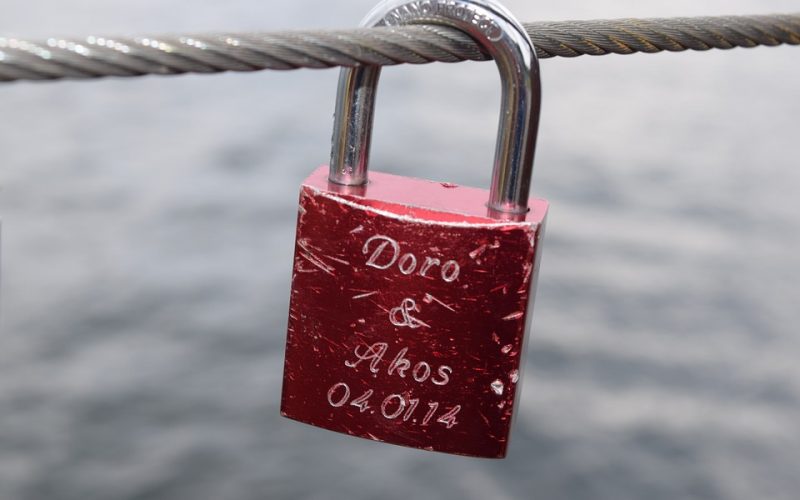Out Of The Blue
Relationships are built on trust, intimacy, and shared experiences that grow over time. It's natural to assume that you know the most important details about your partner, but what happens when you stumble across something big—something you never knew? Whether it’s a secret hobby, a hidden family dynamic, or a past experience they’ve been hesitant to share, discovering a significant revelation about your partner can be a disorienting moment. The good news? Such moments can be an opportunity for growth and enhanced understanding if handled thoughtfully.
Step back and process the information
When you uncover something surprising about your partner, your initial reaction might range from shock and confusion to curiosity or even anger. These emotional responses are normal, but it’s important not to jump to conclusions or react impulsively. Give yourself space to process the new information and consider how it fits into the bigger picture of your relationship.
Take a moment to ask yourself a few questions. What emotions are coming up as you think about what you’ve learned? Why might this surprise you? Understanding your feelings before addressing the issue with your partner will make it easier to approach the subject calmly and constructively.
Consider the context and significance
Not all revelations carry the same weight. A never-before-mentioned passion for painting might differ significantly from learning about a hidden financial debt or prior major life event. Consider the context of the new information. Is it something that directly impacts your relationship, or is it part of your partner’s personal history or identity that they simply hadn’t shared yet?
Remember, humans are complex beings, and no amount of time together will completely uncover every detail about someone’s life. Sometimes, what may seem significant to you might not have felt as important or relevant to share from their perspective.
Approach your partner with an open mind
Once you’ve processed your emotions and assessed the situation, it’s vital to have an open and honest conversation with your partner. Pick a time when both of you can talk without distractions or time constraints. Approach the topic without judgement by leading with curiosity rather than accusation. For example, instead of saying, "Why have you been hiding this from me?" you might say, "I’m curious to know more about this—can we talk about it?"
Normally, the reason for withholding information isn’t malicious. Your partner might have felt embarrassed, worried about your reaction, or simply didn’t think it was something that needed addressing. Listening with empathy will help foster a safe space for meaningful dialogue, which can strengthen the trust in your relationship.
Reflect on your shared values
After discussing the revelation, take time to reflect on whether and how it aligns—or conflicts—with your shared values as a couple. Understanding how new information fits within the framework of your partnership’s core principles can provide clarity.
For example, if you’ve discovered they’ve made certain decisions due to personal hardship in the past, consider whether their actions align with their values or show growth over time. Focusing on overall compatibility and commitment to your relationship often helps put surprises into perspective.
Decide on next steps together
Some revelations may require mutual problem-solving, particularly if they have ongoing consequences. For example, discovering a financial burden might necessitate creating a joint plan to manage it. On the other hand, if what you’ve learned has no direct bearing on your relationship’s present or future, it may simply require an adjustment in how you see and understand your partner.
The key is collaboration. Decide together how to move forward, and ensure both of you feel comfortable with the outcome. If necessary, seeking guidance from a couple’s therapist can provide additional support and perspective.
Focus on growth and resilience
Ultimately, discovering something surprising about your partner is a natural part of any long-term relationship. People grow and evolve over time, and unexpected revelations often highlight just how multi-faceted human beings are. Instead of seeing this as a roadblock, consider the opportunity it provides to deepen your understanding of each other and adapt as circumstances change.
Resilience in relationships isn’t about avoiding shocks or surprises—it’s about how you respond to them together. With patience, empathy, and open communication, you can transform an unexpected discovery into a stepping stone for a stronger, more connected partnership.






















